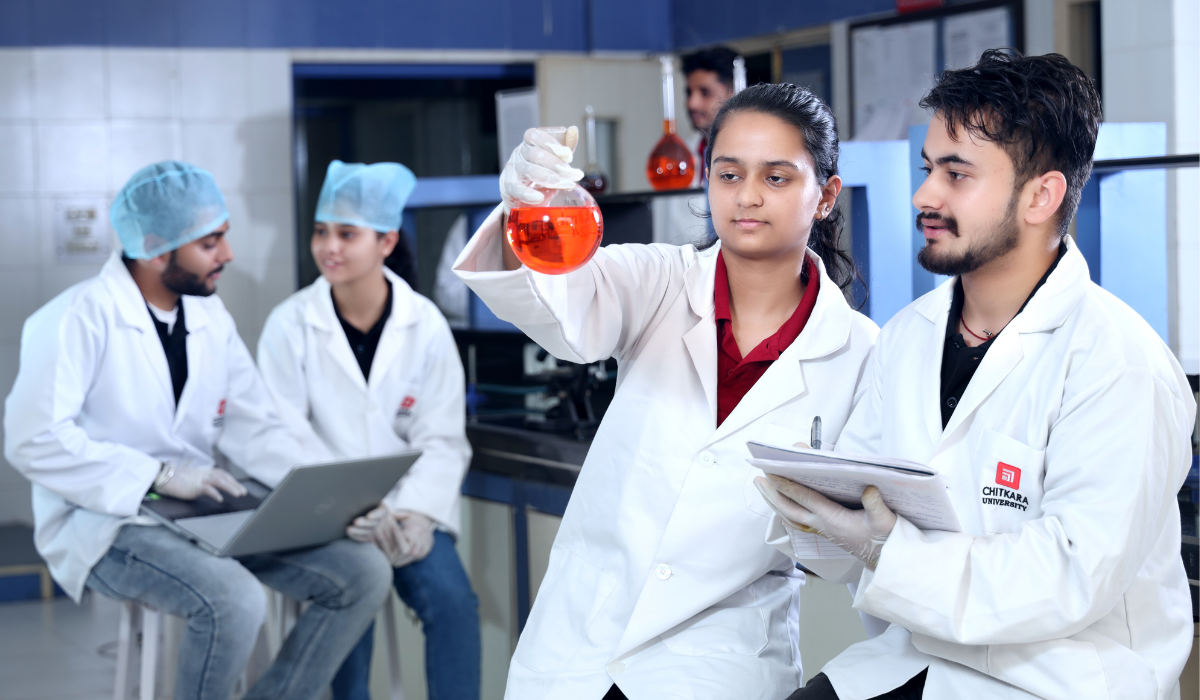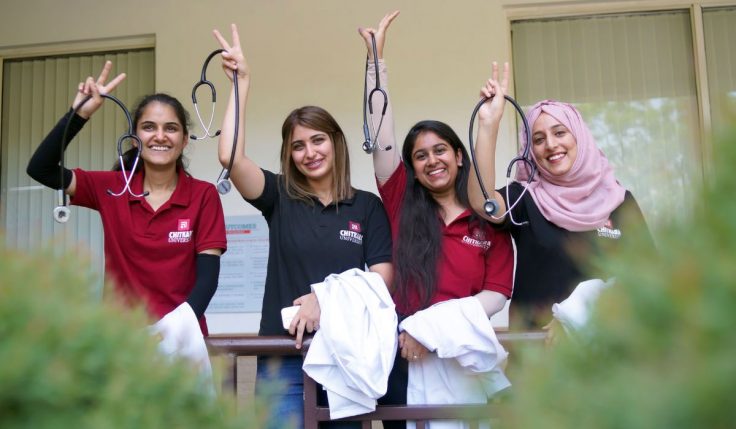Are you a student interested in the healthcare profession but unsure which career route to take? Have you ever wondered what goes on behind the scenes in medical laboratories? If yes, you might want to think about becoming a Medical Laboratory Assistant. They serve an important role in the healthcare system by assisting medical technologists and pathologists in illness diagnosis and treatment.
What a Medical Laboratory Assistant does, their essential duties, and why this career could be an excellent choice for you?
What Is a Medical Laboratory Assistant?
A Medical Laboratory Assistant is an important part of the healthcare team who is in charge of numerous responsibilities in a clinical laboratory. Medical Laboratory Assistants labor behind the scenes, but their contributions to patient care and treatment decisions are critical. Their tasks are diverse, making them an essential component of the healthcare system.
Duties of a Medical Laboratory Assistant:
Sample Collection: One of the primary responsibilities of an MLA is to collect patient samples, such as blood, urine, and tissue specimens. They must ensure proper labeling, handling, and documentation of these samples to maintain their integrity and accuracy.
Sample Processing: MLAs are responsible for preparing and processing collected samples for analysis. This involves centrifuging blood samples, separating serum or plasma, and preparing slides for microscopic examination.
Equipment Maintenance: Medical laboratories use a variety of sophisticated equipment, including analyzers and microscopes. MLAs are responsible for the routine maintenance of these machines, ensuring they function correctly and deliver accurate results.
Data Entry and Record Keeping: Accurate record-keeping is crucial in healthcare. MLAs record test results, patient information, and other relevant data into electronic medical records (EMRs) or laboratory information systems (LIS). This meticulous record-keeping is essential for patient care and research.
Quality Control: MLAs participate in quality control procedures to maintain the accuracy and reliability of laboratory tests. They may run control tests, monitor instrument performance, and troubleshoot issues to ensure the validity of results.
Lab Safety: Safety is paramount in a medical laboratory. MLAs are responsible for adhering to safety protocols and ensuring that their work environment is clean and hazard-free. This includes the proper disposal of hazardous materials.
Communication: Effective communication is key in the healthcare field. MLAs often interact with medical technologists, pathologists, and other healthcare professionals to relay critical information about test results and sample integrity.
Patient Interaction: While MLAs typically work behind the scenes, they may occasionally interact with patients during sample collection. Compassion and professionalism are essential when dealing with anxious or apprehensive patients.
Why Pursue a Career as a Medical Laboratory Assistant?
If you’re considering a career as an MLA, here are some compelling reasons to pursue this path:
- Important Role in Healthcare: MLAs are critical in assisting physicians and healthcare workers in making correct diagnosis and treatment decisions. Your effort has a direct influence on patient care.
- Stable and Growing Field: As the healthcare business increases, so will the demand for MLAs. This implies work security and several prospects for progress.
- Shorter Training Period: Unlike many healthcare jobs that need several years of college, being a certified MLA requires just a year or less of training.
- Diverse Work Environments: MLAs can work in a range of healthcare settings, such as hospitals, clinics, research laboratories, and public health organizations, giving you employment options.
- Personal Satisfaction: Knowing that your efforts are helping to improve patient outcomes may be extremely satisfying and enjoyable.
Finally, a job as a Medical Laboratory Assistant provides a unique combination of behind-the-scenes tasks and direct patient care contributions. If you are interested in healthcare and have a keen eye for detail, this might be a fantastic career path for you. It’s a career that provides security, opportunity for advancement, and the satisfaction of knowing you’re making a difference in the lives of patients every day. Consider looking at MLA programs and starting your path to a fulfilling job in healthcare.
Chitkara University provides a four-year Bachelor’s degree program in Medical Laboratory Science that emphasizes practical and theoretical understanding of diagnostic tests and laboratory processes. This program offers a six-month rotatory internship with Fortis Healthcare Network, as well as guaranteed placement support. A 10+2 with Biology or completion of a vocational programme in Medical Laboratory Science with 50% marks is required for eligibility.
An industry-endorsed curriculum, hands-on exposure through laboratory exercises and clinical internships, and superb teachers with industry knowledge are among the program’s highlights. Cytology technologists, Dermatology/STD/Leprosy Lab Technologists, Forensic Technologists, Haematology Technologists, Histopathology Technologists, and Phlebotomists are just a few of the employment options available to graduates. The program’s appeal is enhanced by Chitkara University’s reputation as a top-rated school, making it a good alternative for students pursuing a career in healthcare.






